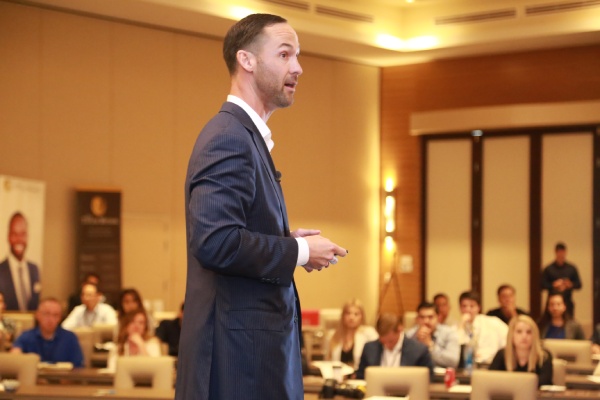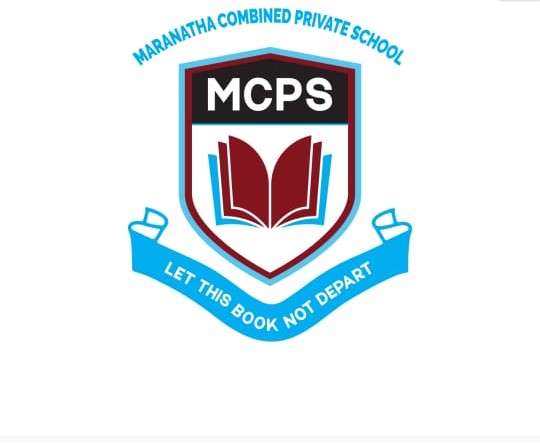
Our school's English First Additional Language (EFAL) curriculum is designed to develop learners' proficiency in English language skills, including reading, writing, speaking, and listening. The curriculum is structured to meet the diverse needs of learners while fostering a love for literature, critical thinking, and effective communication..

Our school's Physical Sciences curriculum is designed to develop learners' understanding of the fundamental principles, theories, and applications of physics and chemistry. Through hands-on experimentation, mathematical analysis, and critical inquiry, the curriculum aims to cultivate scientific literacy, problem-solving skills, and a curiosity about the natural world.

Our school's Accounting curriculum is designed to provide learners with a comprehensive understanding of financial principles, practices, and processes. Through a combination of theoretical knowledge, practical application, and critical analysis, the curriculum aims to develop learners' financial literacy, problem-solving skills, and ethical decision-making abilities in accounting and related fields.

Ons skool se Afrikaanse kurrikulum is ontwerp om leerders se vaardigheid in die Afrikaanse taal, letterkunde en kulturele erfenis te ontwikkel. Deur middel van 'n kommunikatiewe benadering, literêre analise en kulturele verkenning, is die kurrikulum daarop gemik om leerders te bemagtig om effektief te kommunikeer, Afrikaanse letterkunde te waardeer en by Afrikaanssprekende gemeenskappe betrokke te raak.

Our school's mathematics curriculum is designed to provide learners with a comprehensive understanding of mathematical concepts and skills while fostering critical thinking, problem-solving, and real-world application. The curriculum is structured across grades 1 to 11, covering a range of topics in number sense and operations, algebra, geometry, measurement, data analysis, and probability.

Our school's Computer Applications Technology (CAT) curriculum is designed to develop learners' proficiency in using computer applications for productivity, creativity, and problem-solving in various contexts. Through hands-on exploration, project-based learning, and critical analysis of digital tools, the curriculum aims to empower learners to become proficient users of technology and responsible digital citizens.

Our school's Geography curriculum is designed to foster learners' understanding of the world around them, including its physical features, human societies, and the interactions between them. Through inquiry-based learning, fieldwork experiences, and interdisciplinary connections, the curriculum aims to develop learners' spatial awareness, critical thinking skills, and global perspectives.

Our school's mathematics curriculum is designed to provide learners with a comprehensive understanding of mathematical concepts and skills while fostering critical thinking, problem-solving, and real-world application. The curriculum is structured across grades 1 to 11, covering a range of topics in number sense and operations, algebra, geometry, measurement, data analysis, and probability.

Our school's Economic Management Sciences (EMS) curriculum is designed to equip learners with the knowledge, skills, and attitudes necessary for effective economic decision-making, financial literacy, and entrepreneurship. Through experiential learning, real-world applications, and critical analysis of economic principles, the curriculum aims to empower learners to become responsible and informed participants in the economy and society.

Our school's Life Sciences curriculum is designed to foster learners' understanding of living organisms, their interactions with each other and their environments, and the principles underlying life processes. Through inquiry-based learning, hands-on investigations, and critical analysis of biological concepts, the curriculum aims to develop learners' scientific literacy, curiosity, and appreciation for the diversity of life.

Our school's Life Orientation (LO) curriculum is designed to support learners' holistic development by addressing their personal, social, academic, and career-related needs. Through a blend of theoretical knowledge, practical skills, and experiential learning, the curriculum aims to empower learners to make informed decisions, develop positive relationships, and lead healthy, fulfilling lives.

IsiZulu singaphezu nje kolimi; kuyingxenye ebalulekile yamagugu nobuwena baseNingizimu Afrika. Uhlelo lokufunda lwesiZulu lwesikole sethu aluklanyelwe ukufundisa ulimi kuphela kodwa nokubungaza umlando waso ocebile, amasiko namagalelo aso emphakathini wethu. Ngokusebenzisa inhlanganisela yokuthuthukiswa kolwazi lolimi, ukwazisa amasiko, nokuxhumana nomphakathi, uhlelo lokufunda lwesiZulu luhlose ukuhlomisa abafundi ukuthi bamukele amagugu abo olimi namasiko ngokuziqhenya.

Our school's History curriculum is designed to engage learners in the study of human societies, cultures, events, and ideas throughout different historical periods. Through inquiry-based learning, critical analysis of primary and secondary sources, and examination of historical perspectives, the curriculum aims to develop learners' understanding of the past and its relevance to the present and future.
